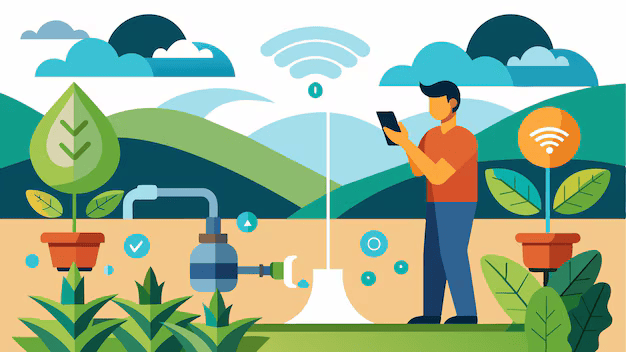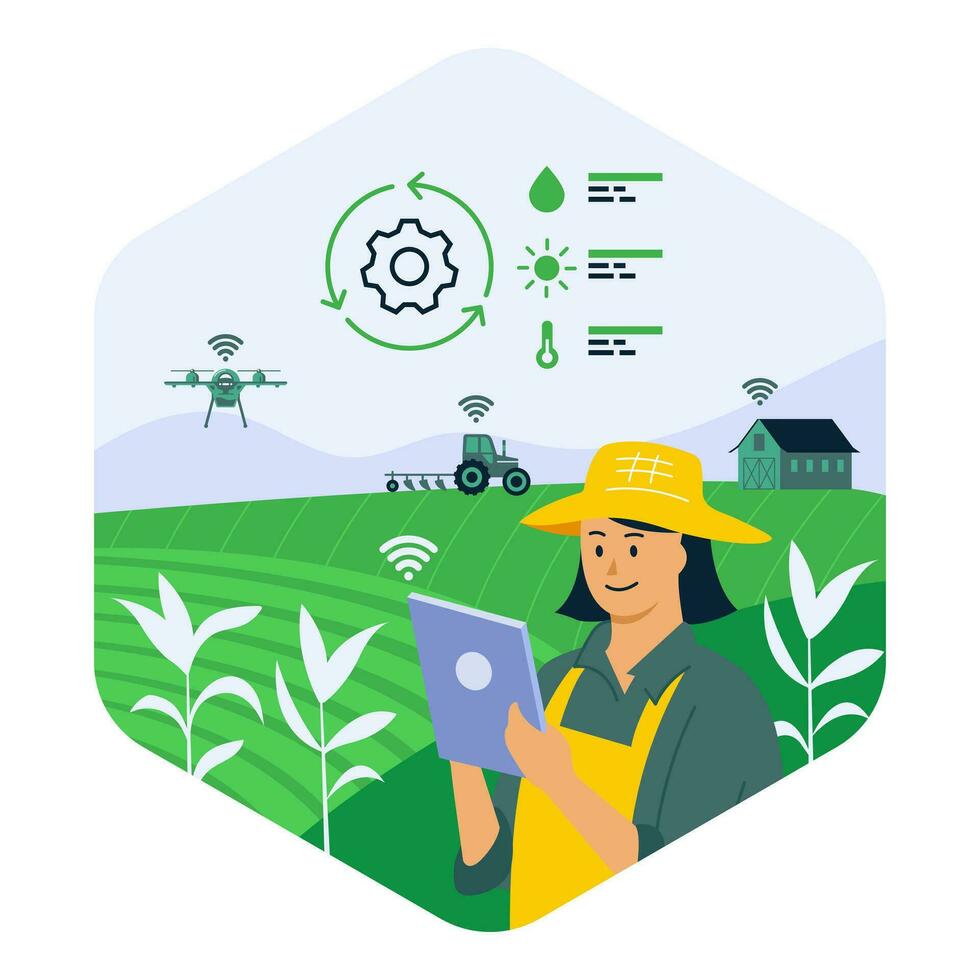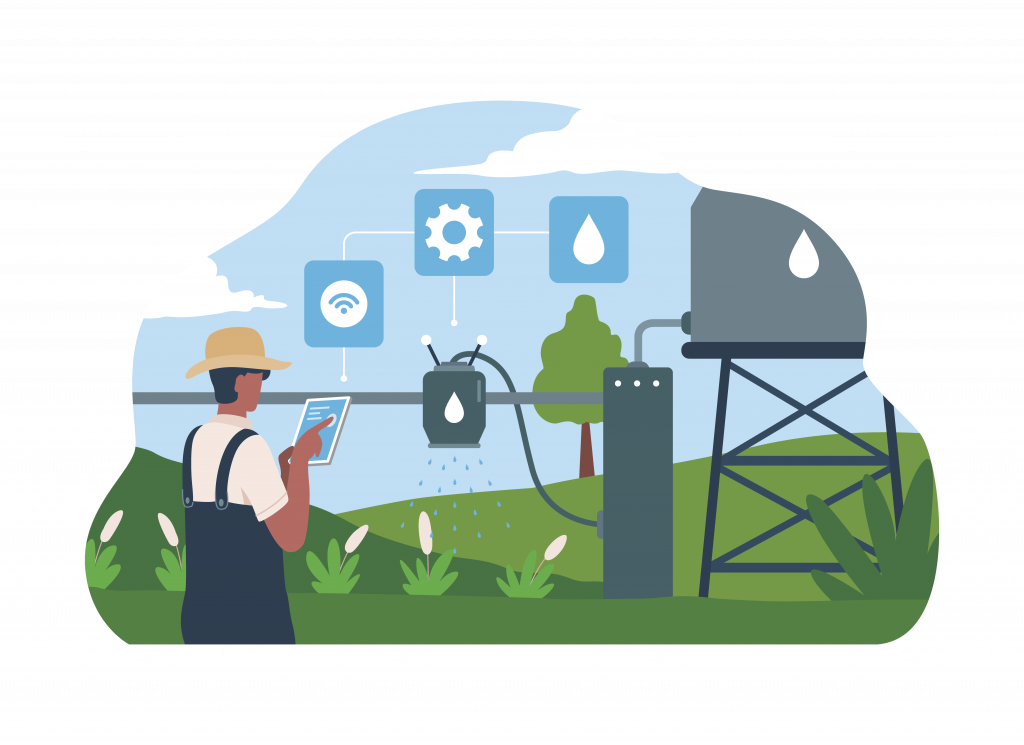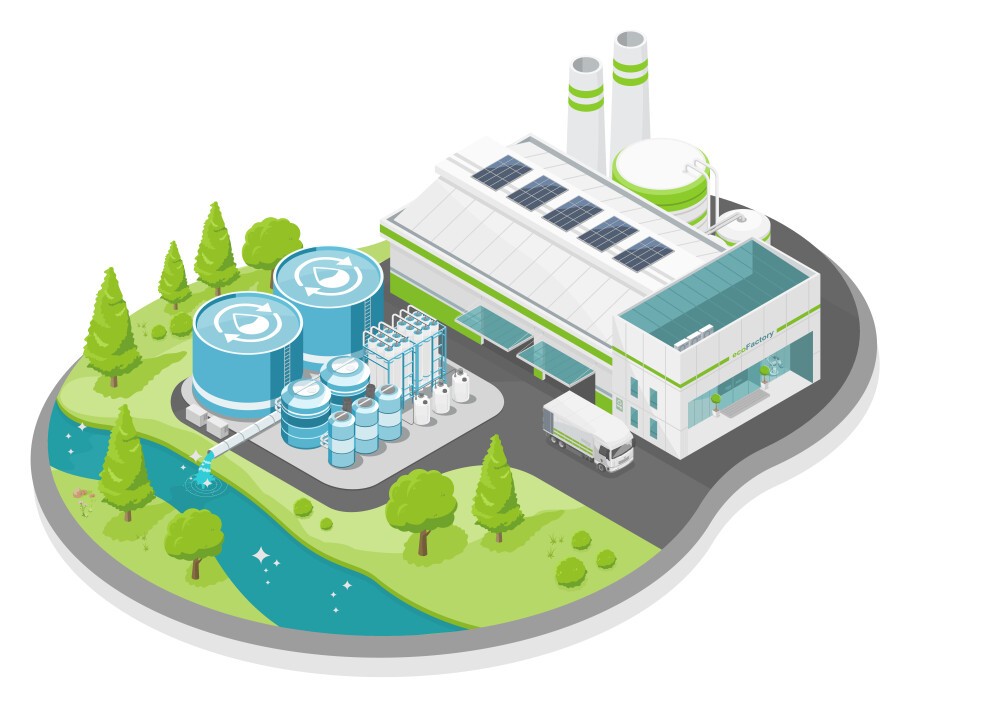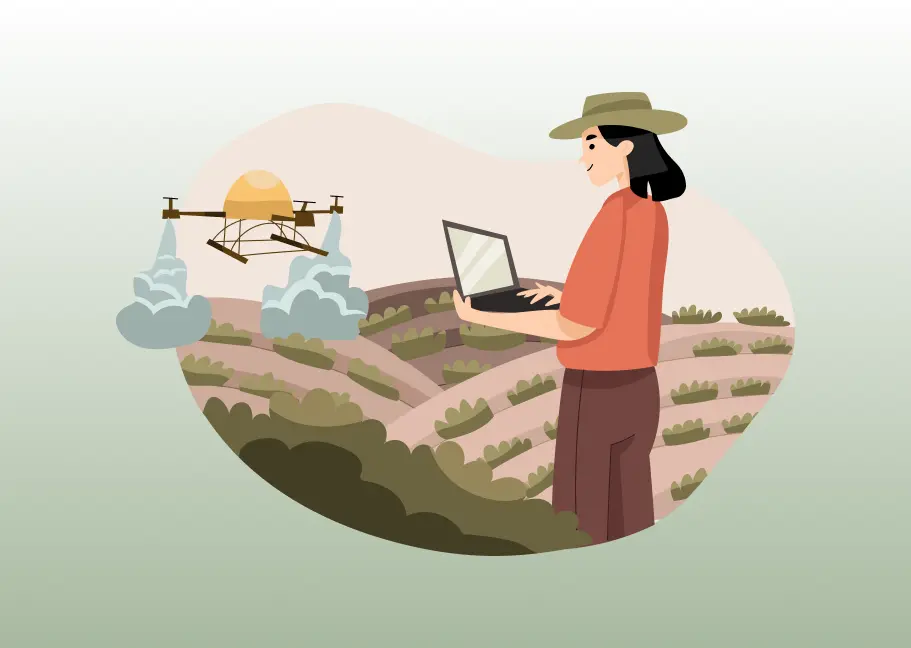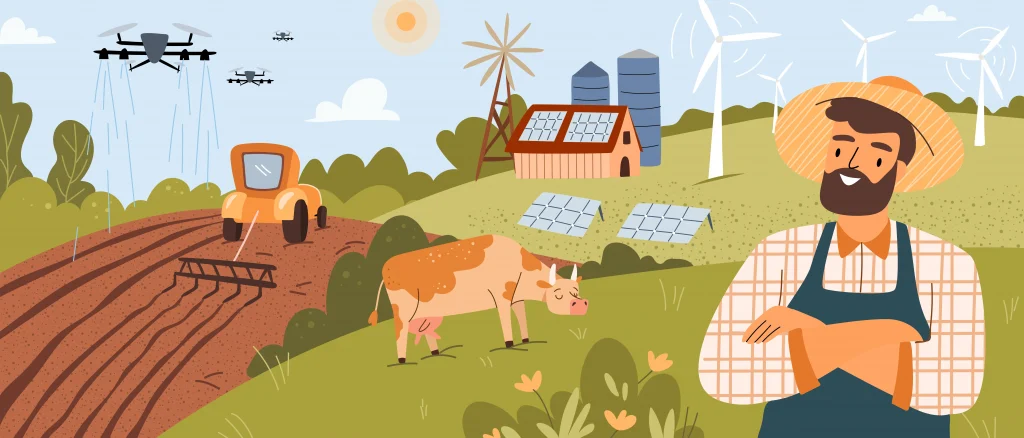
Discover how climate tech startups are using AI, IoT, and satellite analytics to power global digital solutions in water, agriculture, and disaster resilience.

Climate tech startups are emerging as some of the most dynamic players in today’s digital economy, not just developing tools for sustainability but reshaping how innovation itself is defined. By harnessing AI, IoT, and satellite analytics, these ventures are turning climate challenges into opportunities for smarter resource management, resilient agriculture, and disaster preparedness. What makes their contribution unique is the way they pair cutting-edge digital systems with practical, on-the-ground impact, bridging the gap between global climate goals and local realities.
Digital platforms powered by AI, IoT, and geospatial intelligence now enable real-time monitoring of soil health, water availability, and crop performance, allowing interventions that reduce waste and improve yields. These innovations align with the goals of the Paris Agreement and the UN Sustainable Development Goals, ensuring that climate action remains data-driven, inclusive, and outcome-oriented.
Climate tech startups are turning climate policy into real-world impact through intelligent platforms that forecast rainfall, detect crop stress, and pinpoint water leaks or soil degradation in real time. These innovations optimize irrigation and fertilizer use, while also enabling governments and communities to predict and prepare for climate shocks like floods and heatwaves.
By integrating data streams from satellites, IoT sensors, and field-level observations, these startups are driving digital innovation that supports transparent governance, real-time monitoring, and targeted climate adaptation strategies. The result is a powerful combination of technology and insight that empowers farmers, policymakers, and agencies to make smarter, faster, and more sustainable decisions.
Building on this momentum of digital innovation and data-driven decision-making in climate tech, Vassar Labs showcases how localized digital solutions can translate technology into scalable climate impact. Born from the vision of IIT and MIT alumni who identified the gap between climate commitments and on-ground realities, Vassar Labs set out to create digital systems that make climate resilience actionable, measurable, and accessible for communities and governments.
The journey was marked by learning from field realities, working with farmers in drought-prone regions, supporting state governments during water crises, and partnering with agencies like the Asian Development Bank to build systems that connect satellite data with on-ground decision-making. This approach led to the development of Vassar Labs’ Integrated Water Resource Information Management System, a platform that replaced manual reporting with real-time analytics, empowering policymakers with timely insights.
The impact of this work has been recognised by platforms like Forbes India, Economic Times, and NDTV, but for Vassar Labs, these moments of acclaim are milestones in a larger mission. The platform’s recognition under the National Water Mission and awards from Skoch underscore how technology, when grounded in local needs, can transform resource governance.
Vassar Labs’ solutions have enabled efficient irrigation planning in Andhra Pradesh and Telangana, helped communities anticipate droughts, and supported efforts to optimize water use in agriculture. At its core, Vassar Labs’ story is about demonstrating that technology is not just about automation; it is about building resilience, empowering communities, and making climate action effective where it matters most.
While climate tech start-ups are driving critical change globally, they also face challenges that can hinder the scaling of their solutions. Limited access to patient capital, complex regulatory environments, and the need to build trust within local communities can slow down the deployment of transformative climate technologies. Additionally, integrating advanced digital solutions in regions with limited infrastructure requires navigating systemic gaps while ensuring affordability and inclusivity.
Despite these challenges, these start-ups continue to advance, driven by the urgency of climate action and the opportunities presented by digital innovation. Collaboration with governments, development agencies, and local stakeholders remains essential in overcoming barriers to adoption and ensuring that climate solutions are effective and sustainable.







